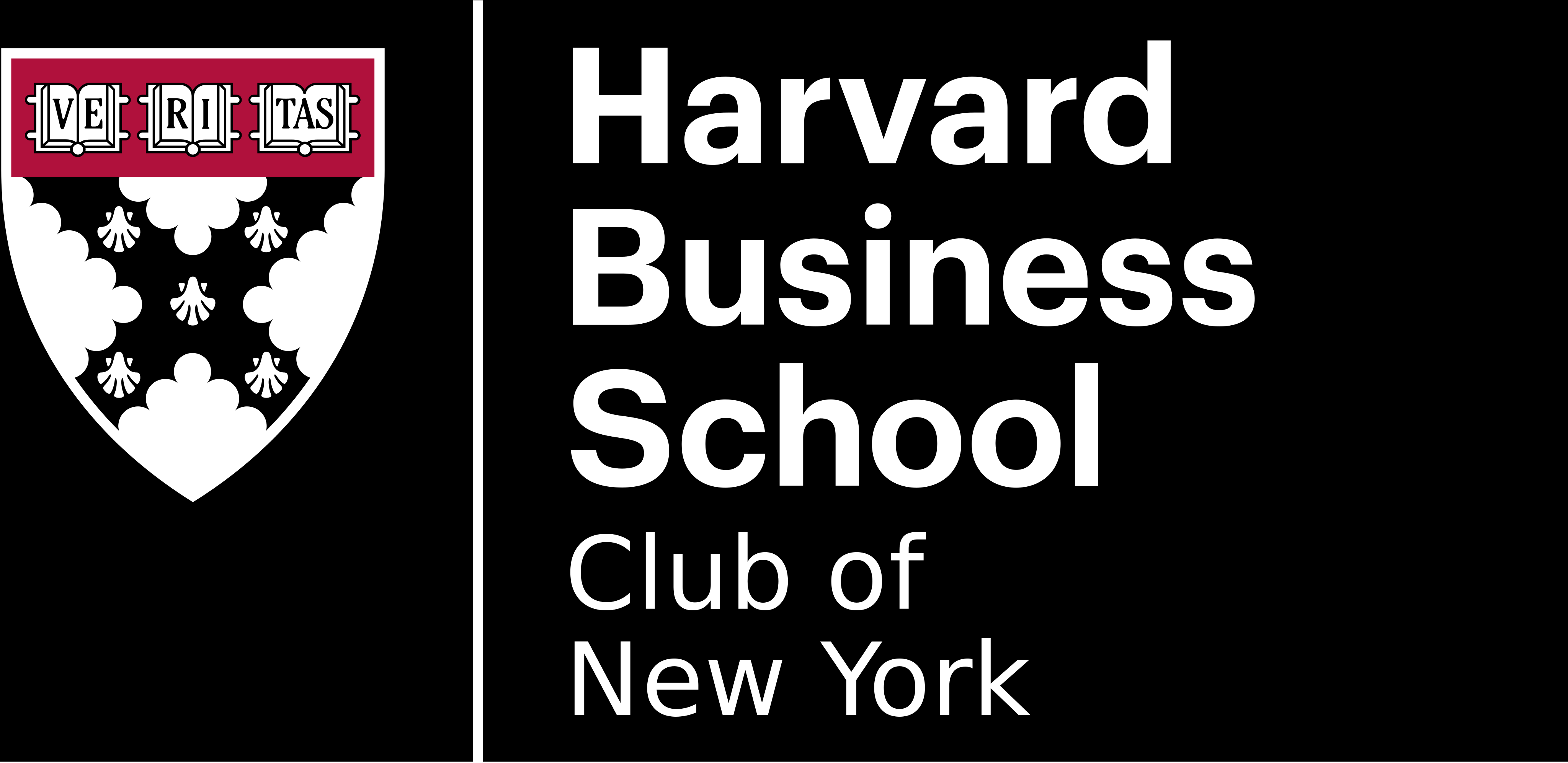Senior Brown Bag Lunch: Cybersecurity: Data Sharing vs Personal Privacy
Senior Brown Bag Lunch: Cybersecurity: Data Sharing vs Personal Privacy

Description
At least three dimensions of Privacy and Internet Security merit our discussion:
- Is Internet Privacy a âRightâ in need of protection? Europe has tended to lead in efforts to legislate protection of privacy, while the U.S. has pretty much left privacy to the free market.
a. Application owners sell profile information as a major source of advertising revenue. They pretend to give users choice of who sees their information, but the reality is that many applications require permission to access their contacts, location, calendars and browsing history. Few users realize if and how to deny that access.
b. Is ‘Freedom of Speech’ at risk? Government asks for ‘back doors’ into personal computing devices, including telephones and tablets, usually in the name of protection against terrorism or to enable criminal investigations. While controls are supposedly significant, the potential for abuse is evident, and history demonstrates how governments and individuals in the past have used such ‘intelligence’ to blackmail public and private figures. We have been ‘lucky’ so far that the two most recent presidents (Bush and Obama) were ethically unlikely to abuse such access to information. Prospects for the future are less clear. J. Edgar Hoover and Richard Nixon should be reminders of how government power can be used to stifle Free Speech.
- Cybersecurity protects the data and integrity of computing assets belonging to or connecting to an organization’s network. Its purpose is to defend those assets against all threats throughout the entire life cycle of a cyber attack. Here is what the Department of Homeland Security (DHS) has to say on the subject:
a. Our daily life, economic vitality, and national security depend on a stable, safe, and resilient cyberspace.
b. Cyberspace and its underlying infrastructure are vulnerable to a wide range of risk stemming from both physical and cyber threats and hazards. Sophisticated cyber actors and nation-states exploit vulnerabilities to steal information and money and are developing capabilities to disrupt, destroy, or threaten the delivery of essential services.
A cyber attack could potentially cripple our national energy grid or shut down our air traffic control system.
- Another comment by DHS:
Every time you access the Internet, you face choices that can affect your security. Among these choices include which friends to accept, what links to click, what websites to access, and which wireless networks to join. The decisions you make online not only affect your security, but the security of the nation as well. We each need to do our part to keep the Internet safe.
Social media companies, particularly Facebook, have be taken to task for their lax oversight in ensuring that âbad actorsâ don’t exploit the data gleaned from personal entries from millions of users of social media networks. Should social media companies be regulated, or should they take stronger measures to prevent abuses, such as those by Cambridge Analytica?
How do we balance the public good with personal privacy? What is the right trade-off? Who decides?
Please join us on as we discuss this timely issue. The following articles provide some perspective:
https://today.law.harvard.edu/internet-privacy-afraid/
https://www.nytimes.com/2018/04/30/technology/personaltech/why-all-the-new-terms-of-service.html?rref=collection%2Ftimestopic%2FPrivacy
https://www.nytimes.com/2018/04/24/business/economy/facebook-privacy.html?rref=collection%2Ftimestopic%2FPrivacy
https://gcn.com/Articles/2018/01/04/security-threats-chertoff.aspx
https://www.forbes.com/sites/tonybradley/2018/01/27/top-5-concerns-to-focus-on-for-data-privacy-day/#79f26a394f3c
Date: Wednesday, May 23, 2018
Time: 12:30pm – 2:30pm
Venue: WeWork Times Square – 1460 Broadway (entrance on 41st Street), Conference Room 14A, New York, NY 10036 (Must bring photo ID to enter the building)
Price: FREE – RSVP Required by 3:00pm on Tuesday, May 22nd (HBS Alums only; no guests)
Organizers: Herb Kaplan MBA ’65, Mike Otten MBA ’67
Date Time
Date: May 23, 2018Time: 12:30 PM to 2:30 PMLocation
WeWork1460 BroadwayNew York, NY 10036View Map
Attendees
John Baker, Mark Damon, Elizabeth Fairfax Brown, Herbert Kaplan, Jean-Louis Maserati, Michael Otten, Robert Polak, Bill Rosser, Earl TempletonOrganizer
Herb KaplanWeWork
1460 Broadway, New York, NY, 10036

